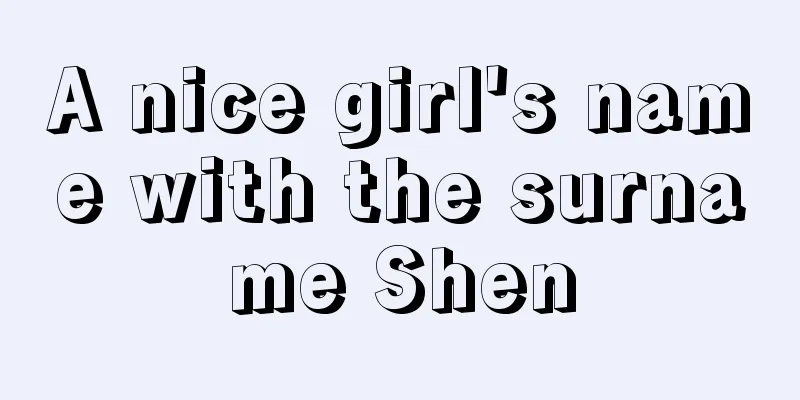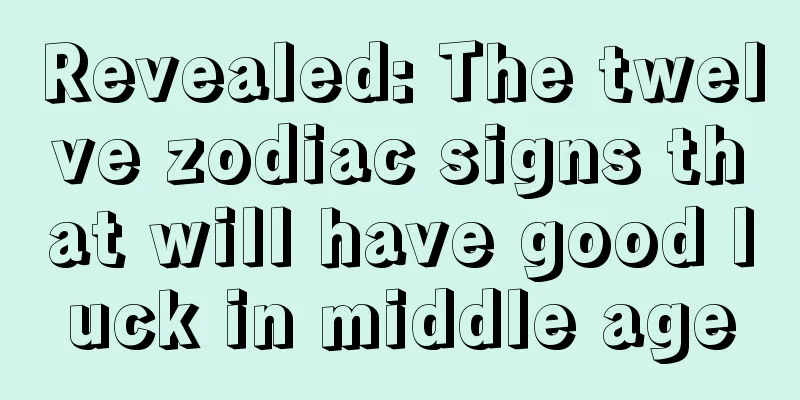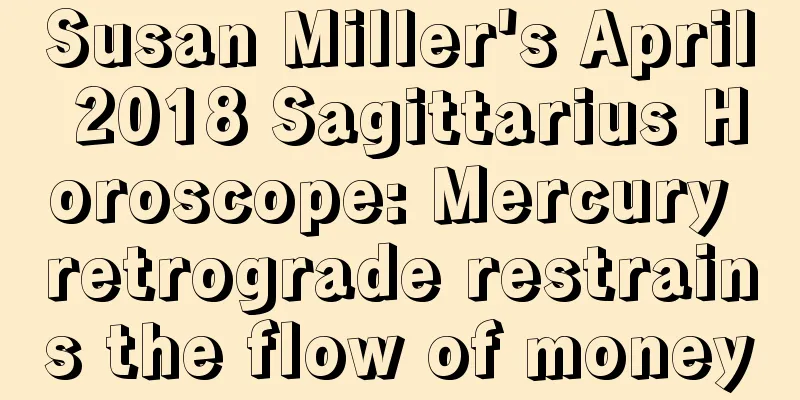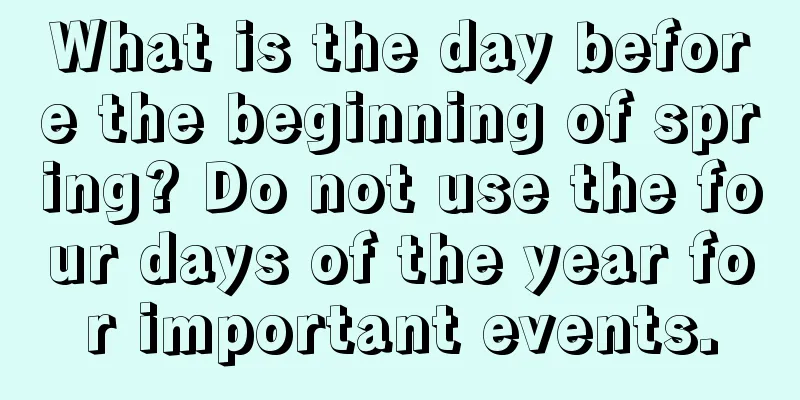How to recite the name of Ksitigarbha Bodhisattva correctly and what should we pay attention to when reciting it?
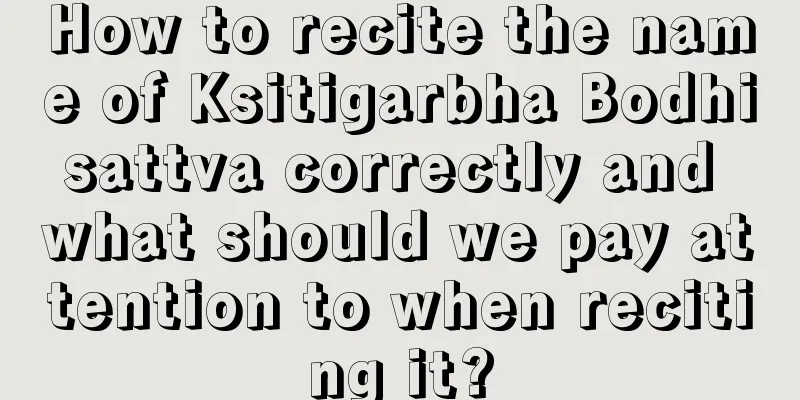
|
Ksitigarbha Bodhisattva is one of the four great Bodhisattvas in Chinese Buddhism. He is the Bodhisattva in charge of the underworld. Now many temples have statues of Ksitigarbha Bodhisattva. When we worship him, it is best to chant the holy name of Ksitigarbha Bodhisattva while worshiping. So how do we recite the holy name of Ksitigarbha Bodhisattva correctly? How to read the name of Ksitigarbha Bodhisattva correctly The "Ten Wheels of Ksitigarbha Sutra" contains the following instructions on how to pronounce the holy name of Ksitigarbha: Namo Ksitigarbha Bodhisattva, the Great Vow to Save the Living and the Dead (Recite three times and bow three times) Namo Ksitigarbha Bodhisattva (hundred, thousand, ten thousand) Taking refuge in the Buddha, I wish that all living beings will understand the great way and develop the supreme mind (one bow) I take refuge in the Dharma and wish that all sentient beings will deeply penetrate the Sutras and gain wisdom as vast as the ocean. (One bow) I take refuge in the Sangha and wish that all sentient beings can lead the masses without any hindrance. (One bow) May this merit adorn the Buddha’s Pure Land, repay the fourfold kindness, and relieve the sufferings of the three evil realms. If anyone who sees or hears this, all will develop the Bodhi mind and after this life, they will be reborn together in the Pure Land There are two ways to pronounce the holy name of Ksitigarbha Bodhisattva: 1. Chant the name of Ksitigarbha Bodhisattva Mahasattva. Maha means great, which means Great Ksitigarbha Bodhisattva Mahasattva, so it is Bodhisattva Mahasattva. Generally, Bodhisattvas and great Bodhisattvas are called Mahasattva, which means great Bodhisattvas among Bodhisattvas. We are the same kind of people. This person is an adult, with a broad mind and great blessings. This is the meaning. Mahasattva means the greatest Bodhisattva among great Bodhisattvas. 2. The Sutra of the Original Vow of Ksitigarbha Bodhisattva. In the Ksitigarbha Sutra, there is no word "king", no Ksitigarbha King, no king, just Ksitigarbha Bodhisattva. When we talk about the Mahasanghika Sutra, we add the word "king", which means that the Mahayana Mahasanghika Sutra is all about Ksitigarbha Bodhisattva. The king represents the freedom in all dharmas. The king means freedom. But some sutras are added, while others are not. Some people chant Samantabhadra Bodhisattva, some chant Samantabhadra King Bodhisattva. It is enough to know the meaning. Chant Ksitigarbha Bodhisattva, or chant Namo Ksitigarbha Bodhisattva. In order to reduce the number of recitations, you can remove "Namo" and just chant Ksitigarbha Bodhisattva. What should I pay attention to when reciting?1. Wash your hands before chanting. Regardless of whether you are a vegetarian or a meat eater, you should brush your teeth and rinse your mouth before chanting. 2. Choose a place where no one will disturb you to avoid being interrupted by others without your knowledge. 3. People who study Buddhism should abstain from foods with pungent odors such as onions, scallions, garlic, leeks, coriander, etc., and avoid drinking alcohol. If you have just eaten the above foods or drank alcohol, you should not recite the scriptures. You must brush your teeth and rinse your mouth, and stay in a ventilated place for a while until the smell dissipates before you can recite the scriptures. 4. If there is a Buddha statue where you are, you should first bow to the Buddha three times; if there is no Buddha statue, hold the Buddhist scriptures in both hands and raise them to the level of your eyebrows. 5. Damaged scriptures should be repaired. If they cannot be repaired, they can be burned and the remaining ashes can be scattered in a clean place to prevent people from stepping on them. 6. If there is dust on the scriptures, you should wipe it with a clean cloth. Do not blow the dust away with your mouth. Do not place secular books or sundries on top of the scriptures. You should respect the Dharma as you respect the Buddha. 7. When placing the scriptures, be careful not to have half of them on the table and half outside the table. They should be placed upright. Scriptures, robes, bowls, staffs, rosaries, Buddhist whisks and all Dharma instruments should all be handled with respect. 8. If you have distracting thoughts while reading the scriptures, you should close the book and wait until the distracting thoughts disappear before continuing. 9. When someone visits or asks you questions while you are reciting the scriptures, you can put your hands together in response, or write it down on a piece of paper, close the scriptures, and stand up to greet the visitor. Never talk about worldly matters or laugh loudly while reciting the scriptures without closing them, as this is an act of blasphemy against the Dharma treasure. If you cough, cover your mouth with your sleeve. 10. When you stop reading the scriptures, you should write it down on a piece of paper and do not fold the pages. 11. The scriptures are intended for reading only and no writing is allowed. As a last resort, use a pencil to mark the text, and erase it after you have memorized it. It is okay to take notes in hidden places during lectures. |
Recommend
April 2018: The fortunes of the 12 zodiac signs need to be stable and smooth, keep a low profile
April 2018 has arrived. Did your fortune fluctuat...
Aries horoscope for December 2014: Love luck and career luck are smooth
Aries has always been a more energetic zodiac sig...
Test your temperament type. What kind of celebrity temperament do you have?
Some people are born with star qualities and shin...
Is it good to have a broken wisdom line? People with special characteristics who often do not follow common sense
Is it good to have a broken wisdom line? A broken...
The star man who refuses to be a "henpecked husband"
"Henpecked" is a term often heard nowad...
12 constellations revealed: Which constellation will wait after breaking up?
After breaking up, different people will have dif...
Futu Tower 12 Zodiac Horoscope Ranking 2018.02.06
The Futuota 12 zodiac fortune rankings for 2018.0...
Regulations for the March 8th Women's Day holiday Selected Women's Day greetings
The regulations for the Women's Day holiday a...
Susan Miller's complete Cancer horoscope for April 2017 Mercury is retrograde in your friendship sector
To complicate matters further, Mercury will be re...
Interesting constellations: The love weaknesses of men of the 12 constellations
Every man has commonalities and differences in lo...
Revealing the personality characteristics of the twelve zodiac signs: the most considerate zodiac sign woman
A considerate girl is the type that every boy wan...
The zodiac women who are best at acting like a spoiled child. The zodiac women who have the best skills of acting like a spoiled child
Which of the 12 zodiac signs girls has this uniqu...
Which of the twelve zodiac signs has the best luck in love? Why do they have such good luck in love?
Among the twelve zodiac signs, which one has the ...
Love test: Who can bring you happiness?
Love will make you feel the happiness of life and...
Zodiac personality traits: Zodiac signs that will never act like a spoiled child
It is said that women who know how to act coquett...


